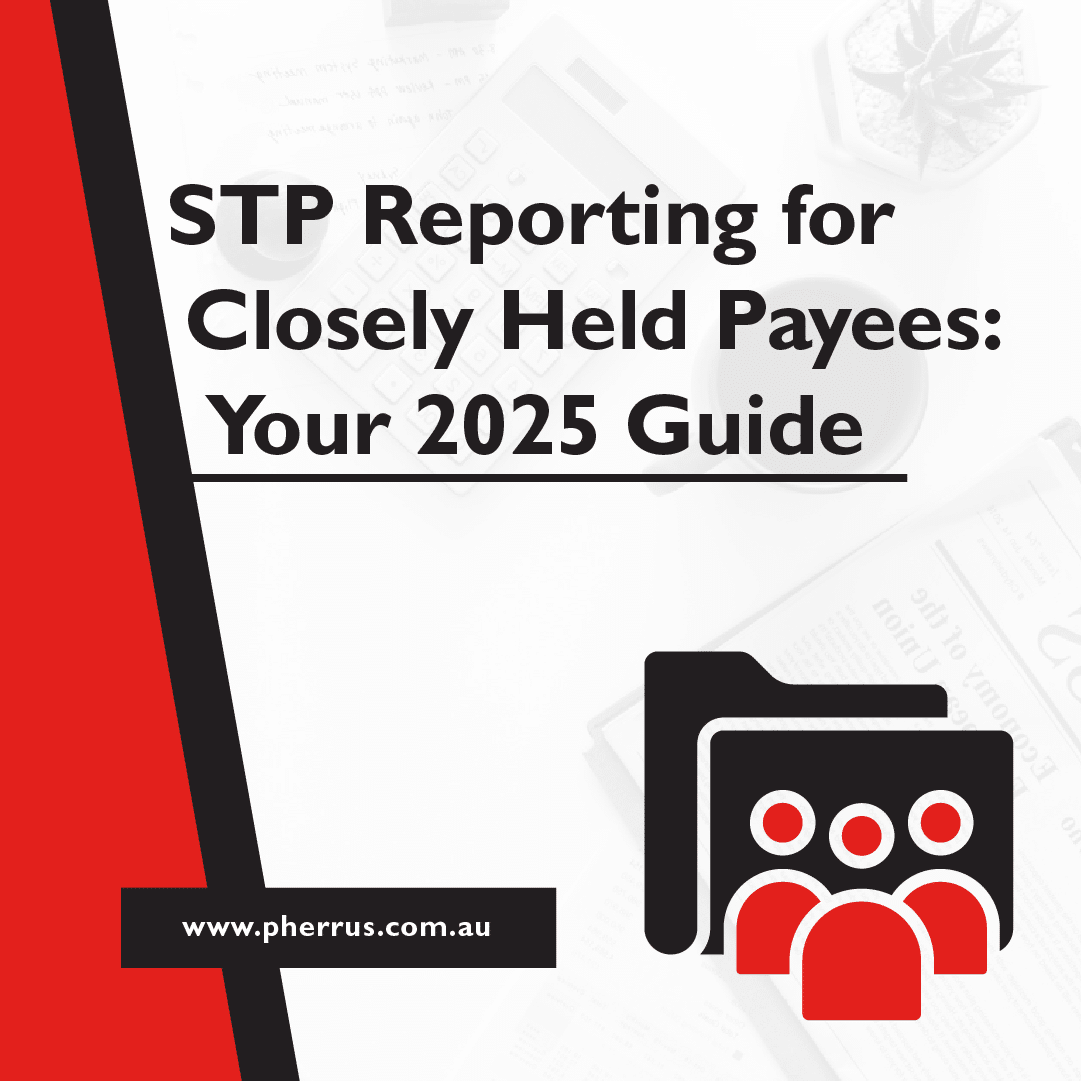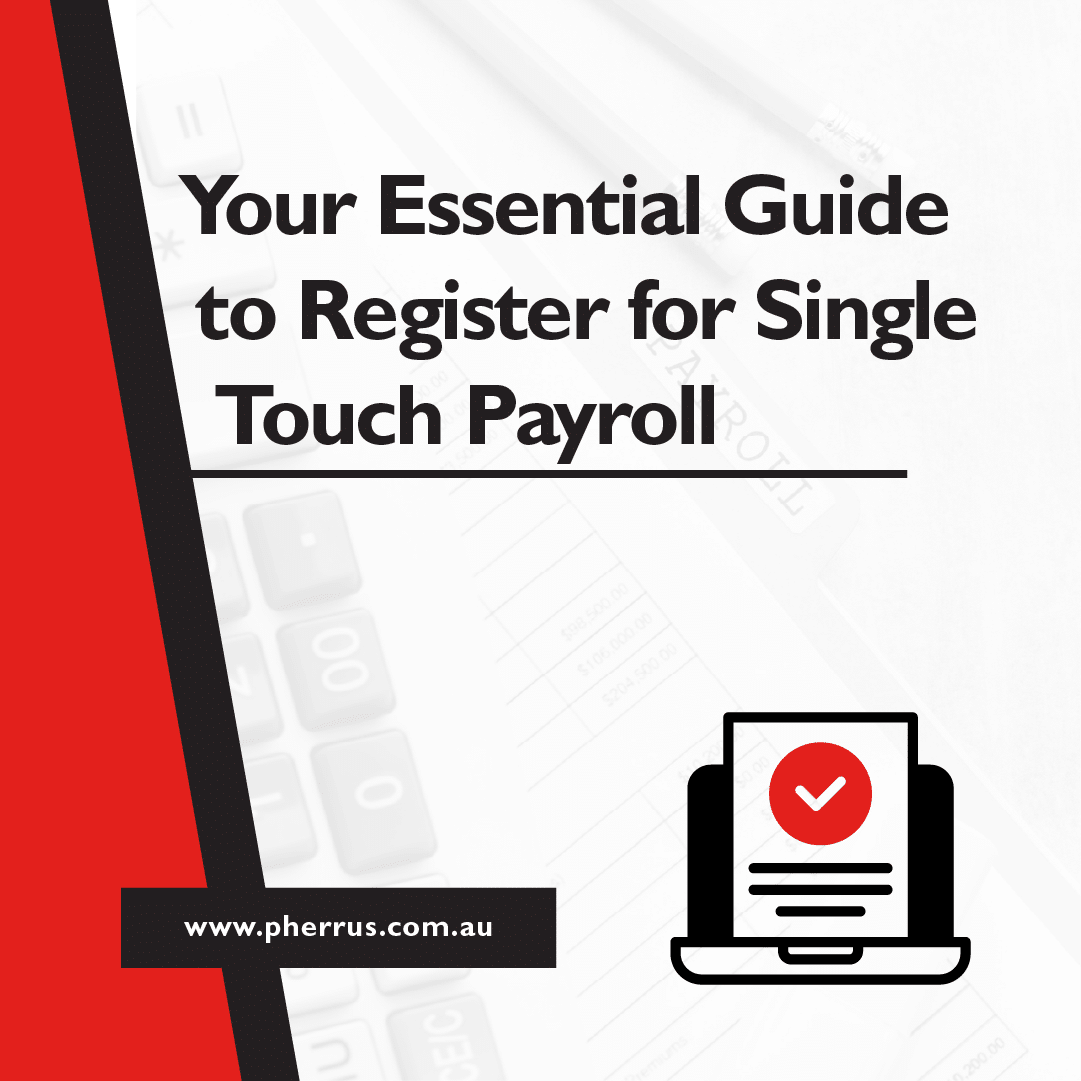Almost every business across the country is beginning to feel the impact of the COVID-19 pandemic in one way or another. The need to slow the spread of the coronavirus has prompted both national and state governments to take dramatic action to reduce the likelihood of passing on the infection. At the time of writing, this has included the enforced closure (or partial closure) of everything from hairdressers through to cinemas, pubs and offices. Whilst safeguarding the health of the nation is of paramount importance, for businesses, a key challenge can be working out how best to manage employees who now no longer have anything to do! We’ve put together a number of key points to be aware of, which can form a starting point for dealing with the situation. Pherrus Financial Services is here to help! If you have any specific payroll queries, we would be happy to provide appropriate support.
Only use standing down as a last resort
When employees are “stood down”, they are not legally entitled to pay from their employer. The circumstances under which employees can legally be “stood down” are tightly defined in the Fair Work Act. With respect to the coronavirus, to legally stand down a workforce, employers need to be able to demonstrate that:
- There was no work that they could usefully do.
- That work has stopped.
- That work has stopped for a reason for which the employer could not reasonably be held responsible. The enforced shutting of businesses by the government due to the pandemic would usually satisfy this criteria, provided the business was included among those that have been told to shut.
Remember that these criteria have considerable latitude in how they are interpreted. If you are not sure whether the criteria fits your business, make sure you obtain suitable advice before making the decision to stand workers down.
Alternatives to standing down
There are a number of other options which employers can use in order to prevent their workers from having no work and no pay:
- For some occupations, working from home or implementing enhanced social distancing and isolation measures may be enough to ensure businesses can continue sufficient profitably to be viable.
- Where there is literally no work, or where work cannot be accommodated through homeworking or similar, employees can take paid (or unpaid) annual leave.
What about employees with caring responsibilities?
If an employee cannot come into work because they have essential caring responsibilities (for example they need to look after younger children due to COVID-19 enforced school closures), they are usually entitled to paid leave, in line with the Fair Work Act. If possible, alternatives to carer’s leave should be considered: for example, can the employee complete some, or all, of their duties at home? Is there some flexibility for them to work different hours, perhaps enabling them to find an alternative form of childcare. The rules are different for temporary or short-term employees.
Self-isolating individuals need not be paid
If an individual self-isolates, but is healthy, there is no obligation for them to be paid, although if possible they can have paid annual leave or unpaid leave. Sick individuals (either due to COVID-19 or due to some other illness), can receive sick pay if they are entitled to it.
Employees matter
Most business owners would agree that protecting the well-being of their staff is of major importance. This means not only keeping them as safe as possible during the COVID-19 outbreak but also ensuring that, if practicable, they are able to lose out financially as little as possible. With so many businesses suffering due to the current economic situation, employees who are “let go” or “laid off” are unlikely to find alternative employment. This is particularly true for workers on temporary contracts, those who are employed “as and when” or seasonal workers. If you are concerned about keeping cash flow going in order to finance employees during this difficult time, there are a number of options available, the government has put in place various options to boost businesses of all sizes, giving them the best chance of coming through on the other side of the pandemic intact.
Accountants that can help with your cash flow
We can provide information and advice on your accounting queries as they relate to standing down employees and any other aspects of your business which have been adversely affected by the coronavirus. Our aim, during these difficult times, is to provide a valuable resource for businesses in their fight to provide a fair deal for their employees.




